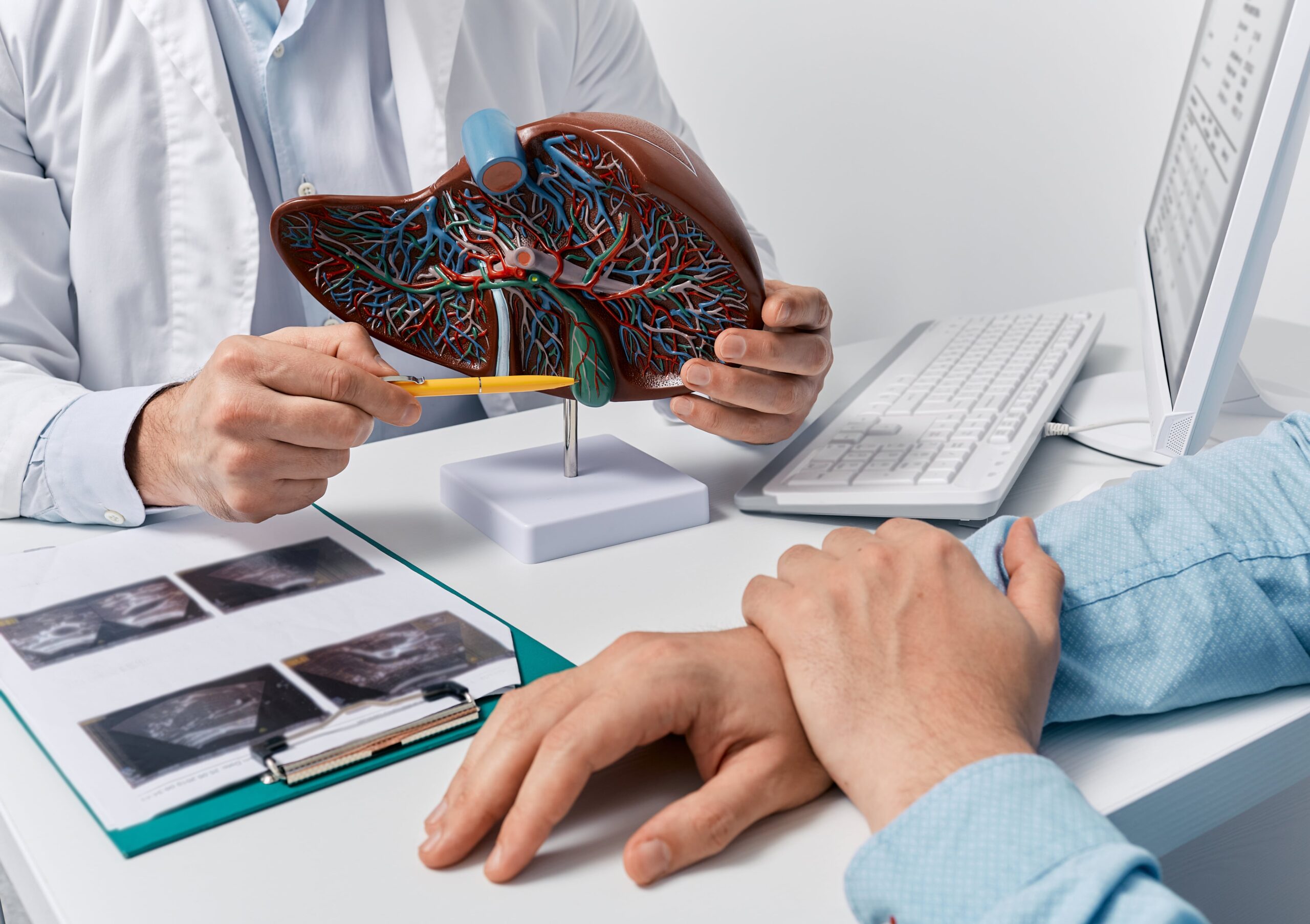Alcohol abuse is a prevalent and concerning issue. It affects individuals of all ages, with serious consequences for their physical health. Excessive alcohol consumption can have detrimental effects on various organs in the body.
This can lead to severe damage and potentially life-threatening conditions. It is essential to understand how alcohol and the organs are related and the long-term impacts alcohol abuse can have.
Alcohol Abuse Overview
While moderate alcohol consumption may have minimal adverse effects, excessive and prolonged abuse can damage several vital organs. From the liver and heart to the brain and kidneys, alcohol abuse leads to severe damage. Over time, it can result in life-altering consequences or even death.
Increasing awareness of how alcohol misuse affects these organs is crucial when someone is struggling with alcohol addiction. As a result, it can help them take the first steps to recovery.
Why Alcohol Is So Dangerous?
Alcohol has earned its reputation as a dangerous substance. This is due to the profound impact it can have on both physical and mental well-being. For starters, alcohol acts as a central nervous system depressant. It alters brain chemistry and impairs cognitive functions such as judgment, coordination, and reaction time.
This impairment often leads to impaired decision-making, increased risk-taking behavior, and an elevated likelihood of accidents or injuries. Next, binge drinking and excessive alcohol use put a significant strain on vital organs. These include the liver, heart, kidneys, and brain.
Prolonged abuse can lead to irreversible damage or even organ failure in severe cases. Another concern is alcohol is highly addictive. Regular use can lead to dependency, making it challenging for individuals to control their drinking, let alone quit.
Addiction further increases the risks and negative impacts associated with drinking. Furthermore, alcohol abuse can impact mental health. This can lead to anxiety and depression and increase the risk of self-harm and suicidal thoughts.
Alcohol and the Brain
Alcohol affects various neurotransmitters in the brain, including GABA (gamma-aminobutyric acid) and glutamate, which regulate inhibitory and excitatory signals. Initially, alcohol creates feelings of relaxation and euphoria by enhancing GABA activity.
However, as consumption increases, it impairs cognitive functioning and motor skills. This is due to its suppressive effect on the central nervous system. Chronic alcohol abuse can result in structural changes to the brain, such as gray matter shrinkage. As a result, it contributes to memory loss, impaired reasoning, and decreased cognitive functions.
Alcohol also disrupts the balance of neurotransmitters in the brain, which regulate mood. This can lead to mental health disorders, as well as exacerbate existing mental health conditions. Additionally, heavy, prolonged drinking increases the risk of developing alcohol-related neurological disorders, such as Wernicke-Korsakoff Syndrome and alcoholic dementia.
Kidneys and Alcohol Abuse
Regular and excessive alcohol consumption can lead to various kidney-related problems. High levels of alcohol can directly damage the cells of the kidneys, leading to inflammation and scarring. This scarring, known as fibrosis, can progress to more severe forms of kidney disease.
Additionally, alcohol abuse may contribute to long-term renal dysfunction or alcohol-induced kidney disease (AKD). This is a condition that impairs kidney function and fluid retention and causes electrolyte imbalances.
Alcohol and the Liver
The liver plays a crucial role in detoxifying and metabolizing substances, including alcohol. However, excessive and prolonged drinking can lead to serious liver damage, including cirrhosis and alcoholic hepatitis.
Another common effect of alcohol abuse is alcoholic hepatitis. This condition is an inflammation of the liver that causes liver damage and impacts kidney functions as well.
Cirrhosis
Cirrhosis occurs when scar tissue replaces healthy liver tissue from constant inflammation and cell damage. Alcohol-related cirrhosis typically develops after years of heavy drinking but can also affect some individuals who binge drink regularly.
Cancer Risks and Alcoholism
Alcohol abuse leads to inflammation and damage within the liver, . It can progress to cirrhosis and increase the chances of developing liver cancer. Alcohol consumption also raises the risk of developing cancers in areas of the body, such as the mouth, throat, esophagus, larynx, and breast.
When consumed, alcohol is converted into acetaldehyde. This is a toxic substance that damages DNA and proteins, making these tissues more susceptible to tumor formation. Furthermore, excessive alcohol consumption impairs the body’s ability to absorb essential nutrients, including those with potential cancer-fighting properties, increasing the risk of developing certain types of cancers.
How Alcohol Impacts the Heart
One immediate effect of alcohol on the heart is that it increases heart rate and blood pressure. Prolonged high blood pressure strains the arteries and weakens their walls, increasing the risk of stroke and heart disease.
Long-term excessive alcohol consumption can also result in alcoholic cardiomyopathy, a condition where the heart muscles become weakened and enlarged. This impairs the heart’s ability to pump blood effectively throughout the body. Over time, it leads to symptoms such as shortness of breath and fatigue.
Additionally, excessive alcohol use is associated with higher levels of triglycerides, which contributes to atherosclerosis, the buildup of plaque in arteries. This narrowing of the arteries further increases the risks of coronary artery disease or heart attack.
Furthermore, alcohol can disrupt the heart’s rhythm and increase the risk of arrhythmias, such as atrial fibrillation. These abnormal heart rhythms can lead to palpitations, fainting, and an increased risk of blood clots.
Getting Treatment
Treatment for alcohol use disorder involves a personalized yet comprehensive approach to address the effects of alcohol and the organs. It begins with supervised detox to manage withdrawal symptoms.
Individuals then transition to some form of treatment program to continue developing effective coping strategies and receiving ongoing support. Medication-assisted treatment (MAT) and medication management services may also be included.
Personalized Alcohol Addiction Treatment in Columbus, OH
Admitting you need help with alcohol abuse is a significant first step, and the Ohio Addiction Recovery Center in Columbus, Ohio, is here to help you start your recovery journey.
As Ohio’s premier addiction treatment center, we offer personalized, gender-specific alcohol addiction treatment programs tailored to your needs, goals, and objectives.
Contact us today to start the path to a brighter future free from alcohol.






